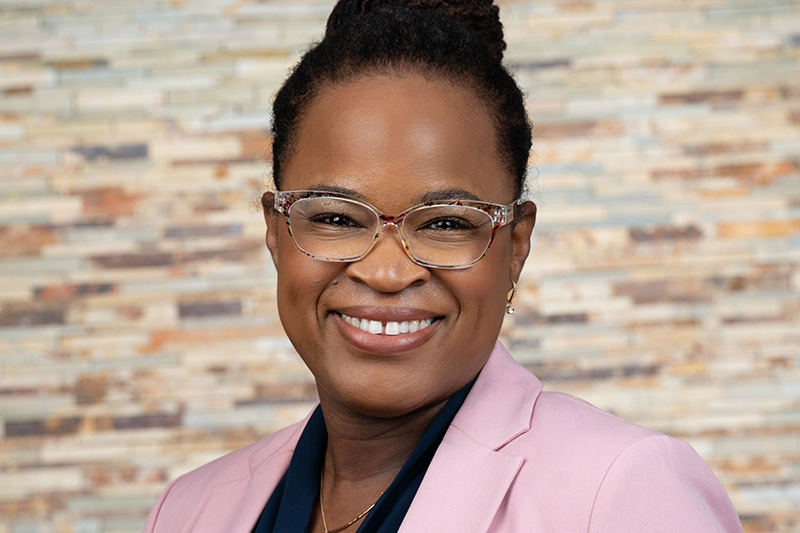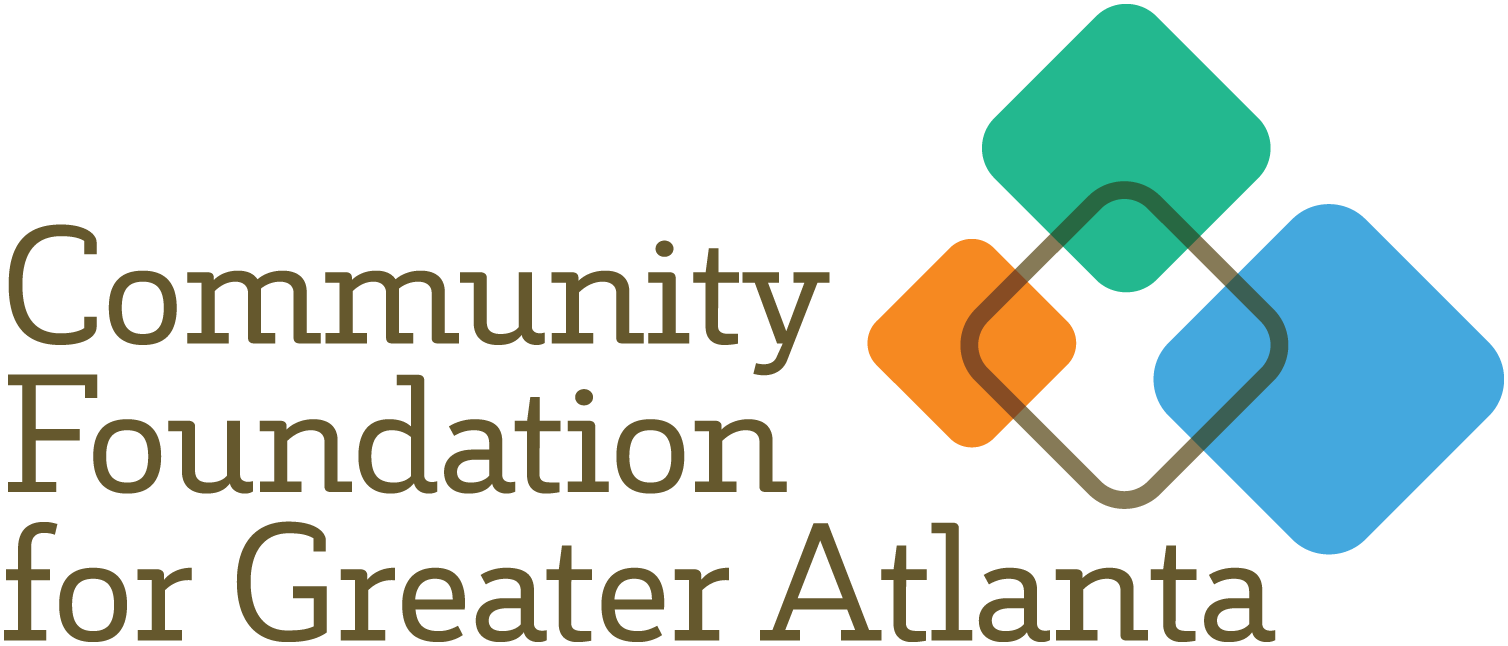Neighborhood Focused Programs
Community-centered and people-led.
The Atlanta region is one of the fastest growing in the nation, but has some of the fastest growth of suburban poverty in the nation, as well as the #1 ranking for income inequality and lack of economic mobility. These disparities are most pronounced along lines of race, with Black residents disproportionately impacted.
The Community Foundation for Greater Atlanta is committed to addressing the fundamental problems of inequity and lack of economic mobility that limit opportunities for residents and constrain growth. These concerted efforts to assist neighborhoods, empowering residents who decide how to drive positive change and address the most urgent needs in their own community.
This approach works with and for communities. By focusing on places, we can engage specific neighborhoods to provide resources and shift power to those historically excluded from decision-making that affects their lives, well-being and livelihoods.
What is neighborhood focused philanthropy?
Meet our partner places
South Fulton: College Park
The College Park neighborhood is located south of downtown Atlanta, near Hartsfield-Jackson Atlanta International Airport. 13,930 residents call the City of College Park home. For many social outcomes, I-20 is a visible cut through for those communities with access to opportunity and financial growth and those disconnected from those same opportunities. In 2020, the City of College Park sat at #1 (Fulton) and #2 (Clayton) for inequity and lack of access to opportunity.
Partnering with community
The Community Foundation supported In Her Hands, an organization led by a Black woman across the Atlanta region serving other Black women in College Park — working to close racial income gaps and to support these women as they work for greater dignity, agency, financial freedom, flexibility and economic stability.
South Cobb: Fair Oaks
Partnering with community
Thomasville
Historic Thomasville is a small and geographically isolated neighborhood of approximately 3,200 residents located in southeast Atlanta, adjacent to Atlanta Federal Penitentiary and Starlight Drive-in Theatre on Moreland Avenue. This predominantly Black neighborhood has a rich history of civic leadership and strong social network but also grapples with disinvestment, severe poverty, poor health outcomes and low educational scores.
Partnering with community
Commitment and strategy
- Strengthen the anchor institutions that stabilize the lives of children and families and that have made long-term commitments to stay in the community.
- Develop neighborhood nonprofit capacity because small neighborhood-based nonprofits fill a unique niche when it comes to meeting community need. They have the ability to act nimbly and close to community.
- Support and build power of resident leaders who inherently have a deeper understanding of their community’s assets and challenges. With the right resources, they can drive their own vision for positive change and meet real community needs.
- Partner with all community stakeholders – including local leaders, elected officials and other funders – for a holistic approach to education, housing, economic mobility and more.
For more information, please contact:

Katrina Julien
Senior Program Officer
404.588.3187
kjulien@cfgreateratlanta.org
